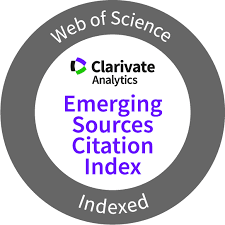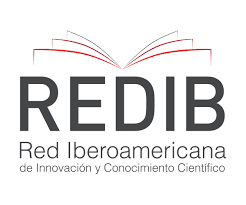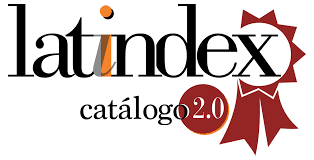Estudio bibliométrico comparativo entre la logística inversa y la logística verde
Palabras clave:
estudio bibliométrico, logística inversa, logística verdeResumen
La logística inversa es un concepto novedoso en el ámbito académico, empresarial y social que suele asociarse o confundirse con la logística verde, sin embargo existen diferencias entre su definición, práctica e implementación. Este trabajo tiene por objeto analizar bibliográficamente el estado de la cuestión de ambos términos para determinar sus diferencias y forma de trabajo en la academia. La bibliometría como metodología empleada analiza cuantitativamente la información, además de ser resultar útil para realizar su clasificación en conformidad con diferentes variables. El artículo se integra con la definición de ambos conceptos, la descripción de la metodología empleada, los artículos más citados, los autores más productivos y con mayor influencia para ambas áreas, las instituciones y países con mayor participación, la cantidad de artículos producidos en el periodo 2005-2019 así como una discusión sobre las conclusiones más relevantes de las áreas de estudio y del análisis comparativo efectuado.
Reverse logistics is a new concept in the academic, business and social field that is usually associated or confused with green logistics, however there are differences not only between its definition but also its practice and implementation. The purpose of this paper is to analyze the status of both terms to determine their differences and the way both are consider in the science field. Bibliometrics is a methodology that uses statistical methods to analyze the information, as well as is useful for classification according to different variables. The article is integrated with the definition of both concepts, the description of the methodology used, the most cited articles, the most productive and most influential authors from both areas, the institutions and countries with the greatest participation, the quantity of articles produced between 2005-2019 and also a discussion with the most relevant conclusions of the study areas and the comparative analysis carried out.











